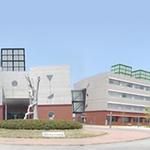Aomori University of Health and Welfare (AUHW) is a public university in Aomori, Japan, established in 1999. Details of Aomori Prefectural Health University are as follows: Basic information Establishment time: 1999 School type: Public university Short name: Health University, AUHW Location: 58-1 Mase, Hamadate, Aomori City, Aomori Prefecture, Japan Educational philosophy Educational title: Aomori Prefectural University The University of Health Sciences has the ability to cultivate a high level of professional knowledge, professional health care skills, and a focus on student practical ability and professionalism.
Educational characteristics: school training, training and practical training, teaching students to learn practical skills, and assisting students with practical skills.
Faculty of Health Sciences: Department of Nursing (Physical Science) Department of Physical Therapy (Physical Therapy) Department of Social Welfare (Social Welfare) Department of Nutrition (Healthcare) Graduate School: Graduate School of Health Sciences: Department of Nursing (Physical Therapy) Major in Physical Therapy (Physical Therapy) Major in Social Welfare (Social Welfare) Major in Nutrition (营养学) Features: Practical Education: The school has many practice rooms and floor practice bases, and students are provided with a wealth of resources. We are currently working on a practical opportunity for security, general knowledge, and general knowledge.
Faculty capacity: The school has one branch of high-level teachers, and many teachers have a wealth of equipment and the ability to study Japanese science.
Employment support: The school has a workforce exhibition center, students provide employment guidance and practice opportunities, and assistant students can participate in the health and medical industry.
International cooperation: school expansion and international exchange items, multi-national university construction cooperation series, providing overseas study opportunities for students.
School design library: A modern library for school design, and a large number of medical and health science books published in the current period.
Practical performance room: The school has been equipped with advanced practical performance equipment, and provides a high-quality practical performance environment for students.
Bedroom practice base: A collaboration between the school Yodake Hospital and Japanese medical facility, providing students with a wealth of Bedroom practice opportunities.
Social impact Alumni achievement: Achieved alumni who completed the training at Aomori Prefectural Health University and obtained many health care departments.
Community service: school district advisors and community service activities, all kinds of formal social practice activities, increasing students' sense of social responsibility.
Request for admission: Specific requirements for admission due to different industries, general comprehensive high school qualifications, entrance exam results, etc. A collection of works that can be submitted for partial inspection or exchange.
Academic costs: Comparative academic costs at Aomori Public University and Aomori Health University, however, the specific costs are different. The school offers a wide variety of scholarships, including financial support for students, and fees for the admission of students.
International exchange exchange items: exchange items between schools and the establishment of national universities, providing students with opportunities to study abroad.
International students: welcome international students to school, provide various language courses, support uniforms, support international students to study and live a peaceful life.
Telephone: +81-17-794-5111
Mail: +81-17-794-5112
Box: info@auhw.ac.jp
Aomori Prefectural University of Health and Welfare is a comprehensive educational system with a rich and traditional academic resource. Before students come to study, it is an important educational institution for the Japanese health and medical profession. The school has the ability to cultivate training equipment, as well as industry and practical skills, health care professionals, and the development of social health education.
-

The University of Tokyo
-
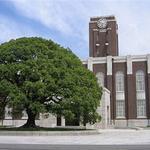
Kyoto University
-
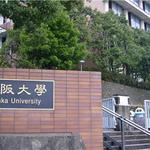
Osaka University
-

Waseda University
-

Hitotsubashi University
-

Nagoya University
-
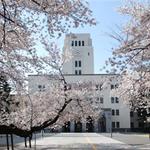
Tokyo Institute of Technology
-
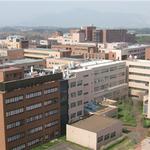
University of Tsukuba
-

Keio University
-
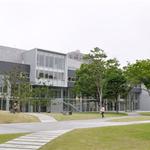
Tohoku University
-

Mesoamerican University
-

Istmo University
-

Mariano Galvez University of Guatemala
-

Regional University of Guatemala
-

Galileo University
-

Francisco Marroquín University
-

Rafael Landívar University
-

University of the Valley of Guatemala
-

University of San Carlos of Guatemala
-

Technological Institute of Tlaxcala Plateau
-

Golfo University
-

Technological University of South Sonora
-

Technological University of Huejotzingo
-

Tizimín Institute of Technology
-

Chilpancingo Institute of Technology

